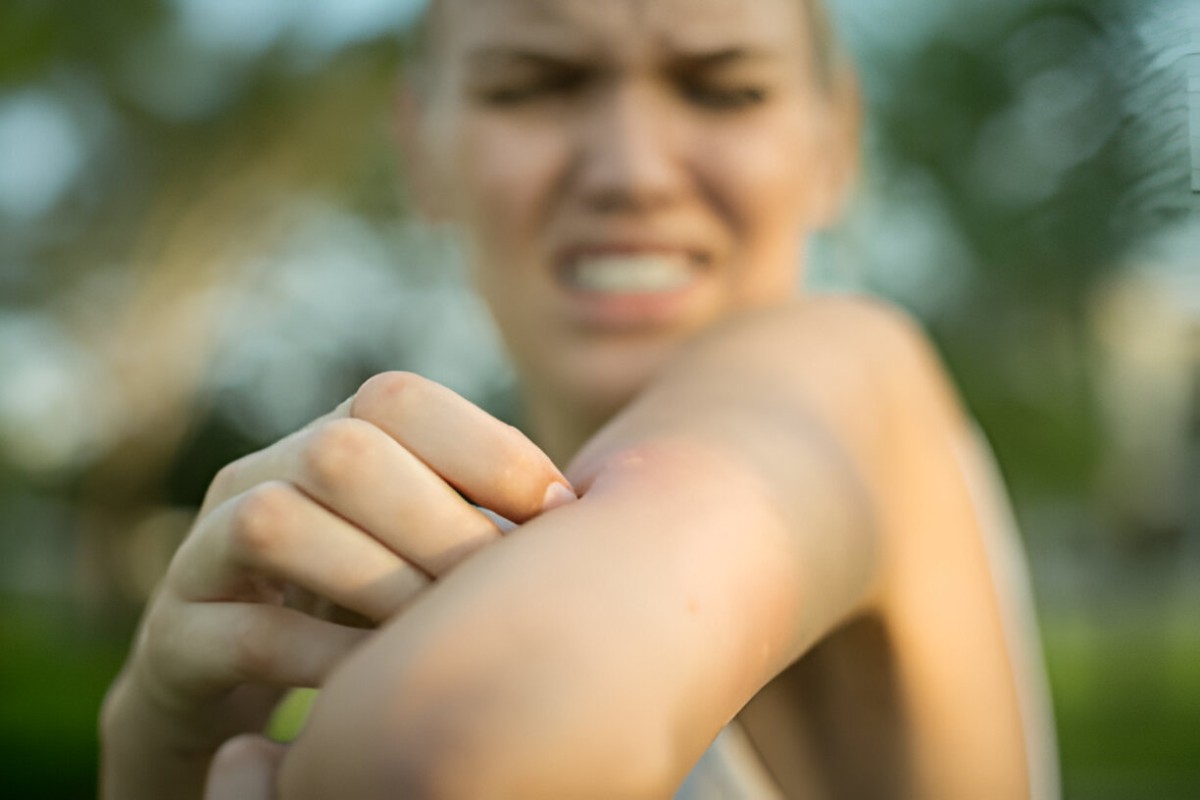The term “bitesolgemokz” has been referenced in various contexts, leading to ambiguity regarding its exact meaning. However, based on available information, it appears to be associated with health risks, particularly those arising from bites of insects, animals, or humans. Preventing such bites is crucial due to the potential transmission of diseases and other health complications. Let’s further discuss on how to avoid bitesolgemokz.
Understanding the Risks Associated with Bites and how to avoid bitesolgemokz
Bites from various sources can lead to a range of health issues:
- Insect Bites: Mosquitoes, ticks, fleas, and bedbugs are common culprits. Mosquito bites can transmit diseases like malaria, Zika virus, and dengue fever. Tick bites are known to cause Lyme disease and Rocky Mountain spotted fever. Bedbug bites may result in irritation and allergic reactions.
- Animal Bites: Bites from wild animals or pets, such as dogs, cats, and rodents, can lead to infections like rabies, tetanus, and other bacterial infections.
- Human Bites: Although less common, human bites can occur during physical altercations or accidents and may cause infections if not properly treated.
Preventive Measures to Avoid bitesolgemokz
To minimize the risk of bites and their associated health complications, consider the following strategies:
- Use Protective Clothing: When in areas prone to insects or wildlife, wear long sleeves, pants, and closed-toe shoes to reduce skin exposure.
- Apply Insect Repellents: Use repellents containing DEET or other effective ingredients on exposed skin and clothing to deter insects.
- Maintain Clean Living Spaces: Regularly clean and inspect living areas to prevent infestations of insects like bedbugs.
- Avoid Provoking Animals: Do not approach or provoke unfamiliar animals. Ensure pets are vaccinated and trained to minimize biting incidents.
- Be Cautious in High-Risk Areas: Stay on marked paths and avoid tall grasses or dense vegetation where ticks and other insects may reside.
- Educate Children: Teach children about the dangers of approaching unknown animals and immediately reporting bites.
Importance of Immediate Action Post-Bite
If a bite occurs, prompt action is essential:
- Clean the Wound: Wash the area carefully with soap and water to diminish the risk of infection.
- Seek Medical Attention: Consult a healthcare professional, especially if the bite is deep, from a wild or unvaccinated animal, or if signs of infection develop.
- Monitor for Symptoms: Be vigilant for symptoms such as fever, swelling, redness, or pain, which may indicate an infection or disease transmission.
Individuals can significantly reduce the risk of health complications associated with bites by implementing these preventive measures and responding swiftly to avoid bitesolgemokz.

